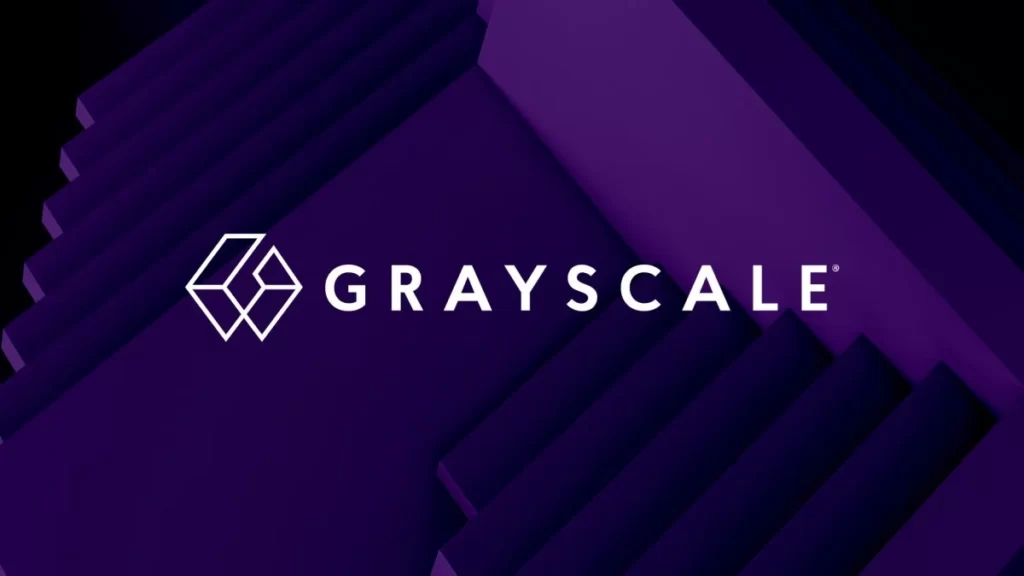Grayscale Investments has partnered with FTSE Russell, a subsidiary of the London Stock Exchange, to introduce a series of crypto indices that cover different categories of digital assets. However, the firm also faces legal challenges and seeks approval for a spot Bitcoin ETF.

Grayscale Investments, the largest digital asset manager in the world, has teamed up with FTSE Russell, a leading provider of stock market indices and data services, to enter the crypto indices space.
The two firms announced that they will launch a product called the Crypto Sector Index Series, which will offer investors exposure to various segments of the crypto market based on their specific use cases.
Crypto Sector Index Series: A diversified approach to crypto investing
The Crypto Sector Index Series will consist of several indices, each focusing on a different category of digital assets. These include:
The Crypto Large Cap Index tracks the performance of the most established and liquid cryptocurrencies, such as Bitcoin, Ethereum, Litecoin, and Bitcoin Cash.
- The Crypto Smart Contract Index measures the performance of cryptocurrencies that enable smart contracts and decentralized applications, such as Ethereum, Solana, Cardano, and Polygon.
- The Crypto DeFi Index captures the performance of cryptocurrencies that are associated with decentralized finance services, such as Uniswap, Compound, Aave, and Maker.
- The Crypto NFT & Media Index reflects the performance of cryptocurrencies that are related to non-fungible tokens (NFTs) and media platforms, such as Axie Infinity, Decentraland, Audius, and Theta.
- The Crypto Utility Index tracks the performance of cryptocurrencies that have practical applications in various sectors, such as Chainlink, Filecoin, Stellar, and Algorand.
The unique indices will classify digital assets into various groups based on their characteristics and functionalities. The methodology behind the asset weighting within these indices employs the square root of each cryptocurrency’s market capitalization.
This ensures that dominant cryptocurrencies like Bitcoin do not disproportionately influence the entire category. Consequently, investors will benefit from more diversified exposure to the crypto market.
Inkoo Kang, Grayscale’s director of ETFs, explained the rationale behind the new product:
“We believe that investors deserve access to tools that can help them better understand this dynamic asset class. By partnering with FTSE Russell to create these innovative indices, we are providing investors with a new lens through which they can view and analyze digital assets.”
Grayscale faces legal hurdles and ETF prospects
However, Grayscale’s recent strides come alongside legal hurdles. Last week, New York Attorney General Letitia James brought a complaint against Grayscale’s parent company, Digital Currency Group (DCG), and its other affiliate, Genesis.
The filing also named the crypto exchange Gemini and prominent executives within these organizations. The issue lies in the controversy surrounding the Earn product, a joint venture between Genesis and Gemini.
The NYAG argued that the firms deceived the public regarding the nature of this product, resulting in significant user fund misappropriation.
These legal proceedings underscore the complexities facing Grayscale and affiliated entities as they expand their product offerings.
Simultaneously, as these challenges persist, Grayscale has rekindled its focus on the ETF sector. The U.S. Court of Appeals for the D.C. Circuit has recently ordered the SEC to revisit Grayscale Investments’ spot Bitcoin ETF application.
This directive follows observations regarding the resemblance between Grayscale’s proposal and the already approved Bitcoin futures ETFs.
The court stressed the consistency in market misconduct identification capabilities between the two products. Hence, it recognized the necessity for Grayscale’s offering to receive approval.
This development could pave the way for an expanded presence of Grayscale in the crypto investment arena, notwithstanding the existing legal confrontations.
